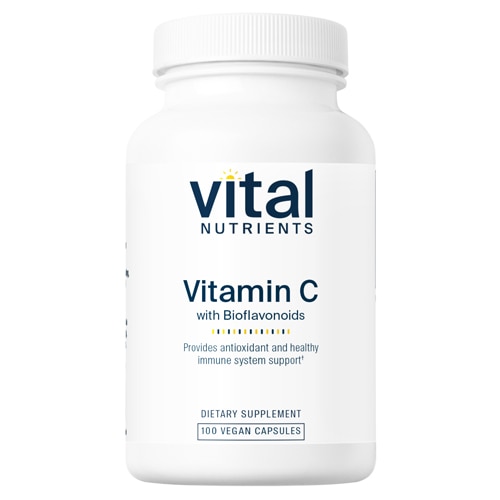Eating well, exercising often, getting enough sleep, managing stress – these lifestyle practices are the foundation of good health. But you may wonder: are you really doing enough to feel – and look – your best? This is where supplementing comes in. If your diet is lacking in certain nutrients, some aspects of health – and your appearance – can suffer. If you’re looking for extra support to maintain a youthful, vibrant appearance, read on to learn more about the best vitamins for skin.
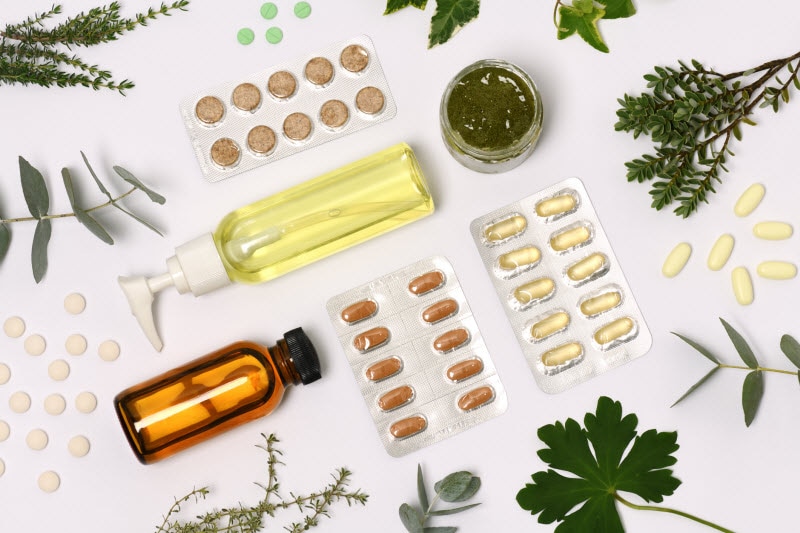
What vitamins are good for your skin?
Different vitamins offer different benefits for your health. For example, while vitamin B12 is excellent for energy, zinc serves as an important nutrient for immune health. When it comes to healthy skin, a number of vitamins are known for their role in offering support. Let’s take a look at the four of the best vitamins for skin.
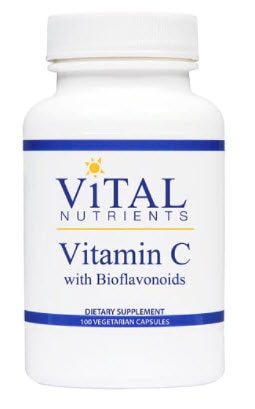
Vitamin C
A powerful antioxidant,
vitamin C is a must-have for your beauty routine. This nutrient helps protect skin from the sun’s UV rays, and it plays a part in collagen production, which promotes healthy skin elasticity and texture, potentially leading to improved appearance and a reduction in wrinkles.
An easy way to naturally boost vitamin C levels is by eating more fresh fruit and vegetables. Citrus fruit like oranges and strawberries, leafy greens like spinach and even broccoli are all great sources of natural vitamin C. Of course, you also can take a supplement to increase your dietary intake.
Topical products enhanced with vitamin C are another great way to nourish and protect your skini – and reap anti-aging benefits. Look for concentrated
serums, or try an
everyday moisturizer to keep your skin quenched with vitamin C goodness.
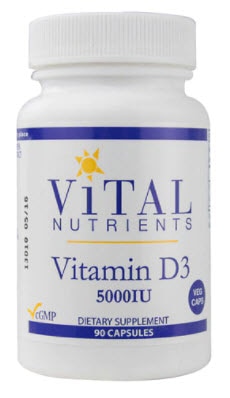 Vitamin D
Vitamin D
When it comes to skin nutrients,
vitamin D is a key player. Vitamin D is naturally manufactured by the body when it’s exposed to sunlight. We also get vitamin D through our diets, but it can be tricky to get enough through diet alone. Fortified foods like
breakfast cereal, orange juice and some plant-based milks can help add more vitamin D to your day.
If your diet is still lacking, consider adding a
vitamin D supplement to your routine. Not sure if your levels are ideal? You can always consult with your healthcare provider and arrange to have your vitamin D levels tested.
You can also find
vitamin D lotions to apply the nutrient topically.
Vitamin E
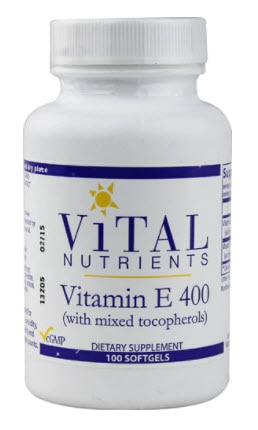
Another important nutrient for skin health is
vitamin E. Vitamin E is created by your skin through an oily substance called sebum, which conditions skin and keeps it from getting dry. Some people produce less sebum than others, so dietary intake is something to watch. You can easily add more vitamin E to your diet by eating
nuts and seeds. And most multivitamins include this vitamin.
Vitamin is also popular in topical form. Look for
creams or serums enriched with vitamin E. If you have problems with dry skin, consider using a topical with both vitamin E and vitamin C for maximum moisturizing and protective benefits.
min E serum. If you have problems with dry skin, it’s a good idea to use a product that contains both vitamin E and C for best results.
Vitamin K
Vitamin K plays a part in many important body functions, including supporting healthy blood vessels and blood clotting, as well as supporting bone health. But did you know it’s also great for the appearance of your skin?
If you experience dark circles under your eyes or stretch marks, consider adding a
vitamin K cream to your everyday beauty routine. And be sure to load up on vitamin E-rich foods such as spinach, kale and other leafy green vegetables.
Topical or oral vitamins for skin health?
When it comes to choosing vitamins for better skin, is it better to take vitamins orally or topically?
The simple answer is – both! Many quality
multivitamin products deliver a number of skin-supporting nutrients in convenient capsule or tablet form. Plus, you’ll get extra support for other areas of health with a spectrum of additional nutrient.
Topical products are a great addition to multis in a skincare regimen. Look for creams and serums that are dermatologist tested and specifically contain the vitamins mentioned here.
Vitamin deficiency and skin health
Vitamins are crucial for healthy skin – so it’s important to make sure you’re getting the recommended amounts in your diet daily. If your intake is less than optimal, you may experience skin issues such as the following:
- Dryness
- Dark circles
- Fine lines and wrinkles
- Lessened skin elasticity
- Increased sun damage
- Dark spots
- Redness
Achieving a healthy complexion starts with getting the right vitamins, both nutritionally and topically. Whether you’re trying to prevent skin issues or you’re currently experiencing them, a high-quality multi and vitamin-enriched skincare products are the perfect additions to a holistic skincare routine.
 Vitamin D
Vitamin D Another important nutrient for skin health is vitamin E. Vitamin E is created by your skin through an oily substance called sebum, which conditions skin and keeps it from getting dry. Some people produce less sebum than others, so dietary intake is something to watch. You can easily add more vitamin E to your diet by eating nuts and seeds. And most multivitamins include this vitamin.
Vitamin is also popular in topical form. Look for creams or serums enriched with vitamin E. If you have problems with dry skin, consider using a topical with both vitamin E and vitamin C for maximum moisturizing and protective benefits.
min E serum. If you have problems with dry skin, it’s a good idea to use a product that contains both vitamin E and C for best results.
Another important nutrient for skin health is vitamin E. Vitamin E is created by your skin through an oily substance called sebum, which conditions skin and keeps it from getting dry. Some people produce less sebum than others, so dietary intake is something to watch. You can easily add more vitamin E to your diet by eating nuts and seeds. And most multivitamins include this vitamin.
Vitamin is also popular in topical form. Look for creams or serums enriched with vitamin E. If you have problems with dry skin, consider using a topical with both vitamin E and vitamin C for maximum moisturizing and protective benefits.
min E serum. If you have problems with dry skin, it’s a good idea to use a product that contains both vitamin E and C for best results.



